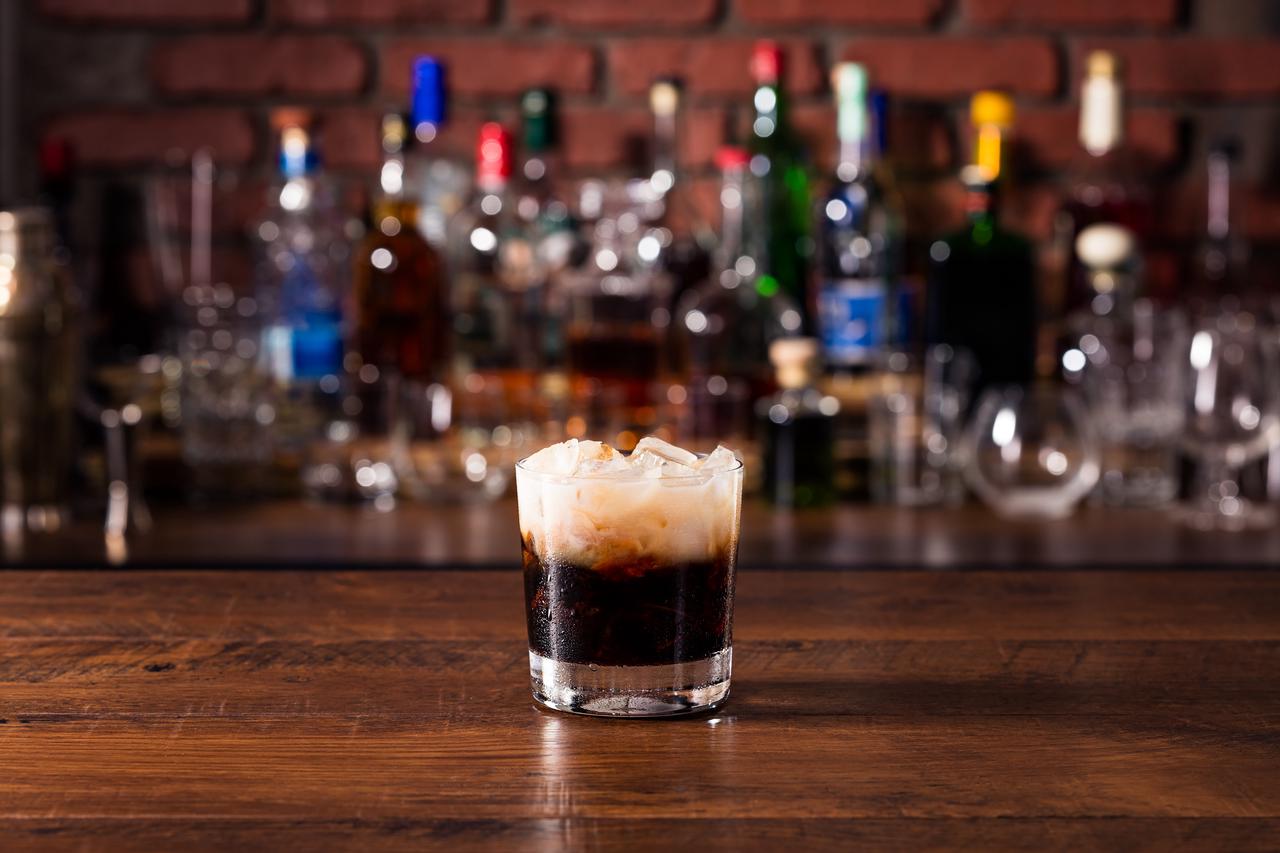
Foods to Avoid Before Bedtime
Summary:
We’ve all been there—craving a little something to eat before bed. But not all foods are sleep-friendly, and some can actually make it harder for you to drift off or stay asleep. This guide explores the foods that may be best to avoid in the evening to help you wake up refreshed and energized. From spicy snacks to caffeine surprises, here’s what you need to know to make bedtime as restful as possible.

Why Avoid Certain Foods Before Bed?
Food has a powerful effect on sleep. What you eat before bed can influence how quickly you fall asleep, the quality of your rest, and how refreshed you feel in the morning. Certain foods disrupt digestion, increase alertness, or even stimulate nighttime trips to the bathroom, all of which can interfere with a good night’s rest.
Understanding the science behind food choices can help you make smarter evening snack decisions. Let’s dive into the foods to avoid before bedtime and why they might be keeping you up.
1. Caffeine-Containing Foods and Drinks: The Hidden Culprits
We know coffee and tea are caffeinated, but caffeine hides in more places than you might think. Chocolate, energy drinks, some sodas, and even decaf coffee have traces of caffeine that can keep you up longer than intended. Caffeine blocks adenosine, a brain chemical that promotes sleep, which can make it difficult to wind down.
Why It Affects Sleep:
Caffeine’s effects can last up to 6-8 hours, so having it in the late afternoon or evening can interfere with both falling and staying asleep. Studies show that even a small dose of caffeine before bed can reduce sleep quality and leave you feeling tired in the morning.
Sleep-Friendly Tip:
If you’re craving chocolate, opt for a small piece of milk chocolate instead of dark chocolate, which tends to have more caffeine. Or, try a naturally caffeine-free herbal tea like chamomile to help you relax.
2. Spicy Foods: The Recipe for Nighttime Discomfort
Spicy foods are notorious for causing indigestion and heartburn, especially when eaten close to bedtime. Spices like chili peppers contain capsaicin, which can raise body temperature and make it harder to fall asleep. Additionally, lying down after a spicy meal increases the chance of acid reflux, a surefire way to disrupt restful sleep.
Why It Affects Sleep:
Spicy foods can increase core body temperature, which can interrupt your body’s natural process of cooling down for sleep. They can also irritate the digestive tract, leading to discomfort and heartburn that keeps you tossing and turning.
Sleep-Friendly Tip:
If you love spicy foods, try enjoying them at lunchtime rather than dinner. In the evening, stick with milder seasonings to avoid nighttime discomfort.
3. High-Sugar Foods: The Energy Spikes That Lead to Crashes
Sugary treats like cookies, ice cream, and pastries may seem like a comforting way to end the day, but they can cause a surge in blood sugar followed by a crash. This rollercoaster effect not only disrupts sleep but may also lead to midnight awakenings. Studies suggest that high sugar intake before bed can shorten deep sleep phases, which are crucial for feeling rested.
Why It Affects Sleep:
When you consume high-sugar foods, your body releases insulin to process the sugar, which can lead to a quick energy spike. Once this energy wears off, it can disrupt sleep, especially if your blood sugar drops, causing restlessness or waking up hungry.
Sleep-Friendly Tip:
If you’re craving something sweet, try a small serving of Greek yogurt with berries, which has a natural sweetness and protein to keep blood sugar more stable.
4. Fatty and Fried Foods: Slow Digestion and Sleep Disruption
Fatty foods like pizza, burgers, and fries are heavy on the stomach and can lead to digestive discomfort, especially if eaten close to bedtime. Fat slows down digestion, which means your body has to work harder to break down these foods while you’re trying to rest, leading to a restless night.
Why It Affects Sleep:
Fatty foods sit in the stomach longer, which can increase the risk of acid reflux, especially when you lie down shortly after eating. The digestive work required can also prevent your body from fully relaxing and settling into a restful sleep.
Sleep-Friendly Tip:
Save high-fat meals for earlier in the day. If you need a snack before bed, choose something light and easy to digest, like a banana or a few almonds.
5. Alcohol: The Nightcap That’s Not So Sleep-Friendly
While alcohol may initially make you feel drowsy, it can disrupt your sleep cycle later in the night. Alcohol interferes with REM (rapid eye movement) sleep, which is essential for memory consolidation and overall restfulness. Additionally, alcohol is a diuretic, meaning it can lead to more frequent trips to the bathroom, further disturbing sleep.
Why It Affects Sleep:
Alcohol initially acts as a sedative, but as it metabolizes, it can create a “rebound effect” that leads to lighter, more fragmented sleep. Studies show that people who drink before bed often experience less deep sleep and more frequent awakenings.
Sleep-Friendly Tip:
Limit alcohol intake to several hours before bed if you choose to drink. Staying hydrated with water and finishing alcohol at least 3 hours before bedtime can help minimize its impact on sleep quality.
6. Large Meals: Too Much for the Stomach Before Bed
Eating a large meal close to bedtime can place stress on your digestive system, leading to discomfort and disrupting your ability to relax. When the body is busy digesting a heavy meal, it may struggle to enter the calm, parasympathetic state needed for deep sleep.
Why It Affects Sleep:
Digesting a large meal requires energy, and lying down too soon after eating can increase the risk of acid reflux, as gravity is no longer helping to keep stomach acids down. This can result in both physical discomfort and poor sleep quality.
Sleep-Friendly Tip:
If you need to eat late, try to keep the portion size small. Allow at least 2-3 hours between a large meal and bedtime to give your body time to digest.
Smart Snacks for Better Sleep
If you find yourself truly hungry before bed, opt for light, sleep-friendly snacks. Here are a few ideas:
- Banana with a small handful of almonds: Both contain magnesium, which can help relax muscles.
- Greek yogurt with a drizzle of honey: Provides protein and a touch of carbs to stabilize blood sugar.
- Whole-grain crackers with a slice of turkey: Turkey contains tryptophan, an amino acid that can promote relaxation.
Final Thoughts: Choose Wisely for Restful Nights
The food choices you make before bed can have a significant impact on how well you sleep and how refreshed you feel in the morning. By avoiding foods that are likely to disrupt sleep—like caffeine, spicy and fatty foods, sugar, and alcohol—you can set yourself up for a more restful, rejuvenating night. Remember, it’s not just what you eat but when you eat that matters, so make mindful choices that support both your health and your sleep.
References:
1.Peuhkuri, K., Sihvola, N., & Korpela, R. (2012). “Diet promotes sleep duration and quality.” Nutrition Research, 32(5), 309-319.
2. Drake, C., et al. (2013). “Effects of caffeine on sleep quality and daytime functioning.” Sleep Medicine Reviews, 17(5), 405-414.
3. Thakkar, M. M., Sharma, R., & Sahota, P. (2015). “Alcohol disrupts sleep homeostasis.” Alcohol, 49(4), 299-310.
Meet Fitnexa, your AI-driven companion that turns everyday habits into a positive, uplifting journey. From effortless meal analysis (including recipe suggestions) to personalized coaching and real-time support, Fitnexa keeps you on track toward lasting wellness — so you can stay younger, live longer.
https://apple.co/4hr8JGW





Leave a comment
This site is protected by hCaptcha and the hCaptcha Privacy Policy and Terms of Service apply.